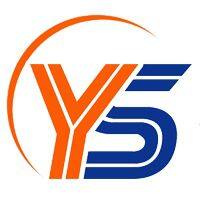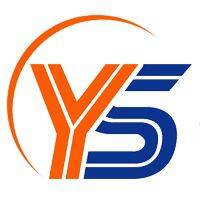-
 Liu
Hi there! Welcome to my shop. Let me know if you have any questions.
Liu
Hi there! Welcome to my shop. Let me know if you have any questions.
Your message has exceeded the limit.

Global Trade Barriers: Divergence in Nonwoven Fabric Testing Standards
2025-07-28 08:50:171. Regulatory Frameworks: A Tale of Three Systems
The global nonwoven fabric trade faces increasing complexity due to divergent regulatory regimes:
EU's REACH Regulation: Restricts over 200 substances (e.g., PFAS, phthalates) with mandatory SVHC (Substances of Very High Concern) disclosure. Nonwovens for construction must comply with CPR 305/2011 fire safety standards.
US FDA Oversight: Medical-grade nonwovens require 510(k) clearance, with BFE testing following ASTM F2100. Notably, FDA 21 CFR 177.1520 regulates indirect food contact materials differently from EU Regulation 10/2011.
China's GB System: GB 18401-2010 mandates basic safety, while GB/T 38014-2019 aligns with ISO 13438 for geotextile durability. However, GB 31701-2015 for infant textiles imposes stricter formaldehyde limits (≤20mg/kg) than EU's REACH (≤75mg/kg).
Case Example: A 2022 Sino-EU trade dispute arose when Chinese-made PPE was rejected for using REACH-noncompliant antimicrobial agents.
2. Testing Methodologies: When "Equivalent" Standards Aren't
Even similar-looking standards show critical operational differences:
Flammability Testing:
EU EN 13501-1 uses a single burning item test
US NFPA 701 employs vertical flame spread measurement
China GB 8624-2012 has unique Class A/B/C classifications
Antimicrobial Efficacy:
ISO 20743 allows three testing methods (absorption/transfer/shake)
US AATCC 100 only recognizes the shake method
China GB/T 20944.3-2008 requires additional washing durability tests
Industry Impact: A major hygiene brand spent $2.3M reformulating products when their EU-certified silver-ion treatment failed China's wash resistance requirements.
3. Compliance Strategies for Global Suppliers
Smart manufacturers adopt three approaches to navigate this labyrinth:
Tiered Certification:
Base formulation meets strictest regulation (typically EU REACH)
Add region-specific tests (e.g., California Prop 65 for US market)
Testing Optimization:
Leverage ILAC-accredited labs offering combined ASTM/ISO/GB testing
Use "worst-case scenario" samples for broadest compliance
Digital Compliance Tools:
Blockchain-based material passports (e.g., Circulor for REACH SVHC tracking)
AI-powered regulatory change monitoring (e.g., Enablon Compliance)
Emerging Solution: Intertek's "OneTest" program reduced certification costs by 40% for a multinational diaper producer by harmonizing EN 149/GB 19083/FDA 510(k) requirements.
Tags: REACH, FDA, Chinese GB Standards

